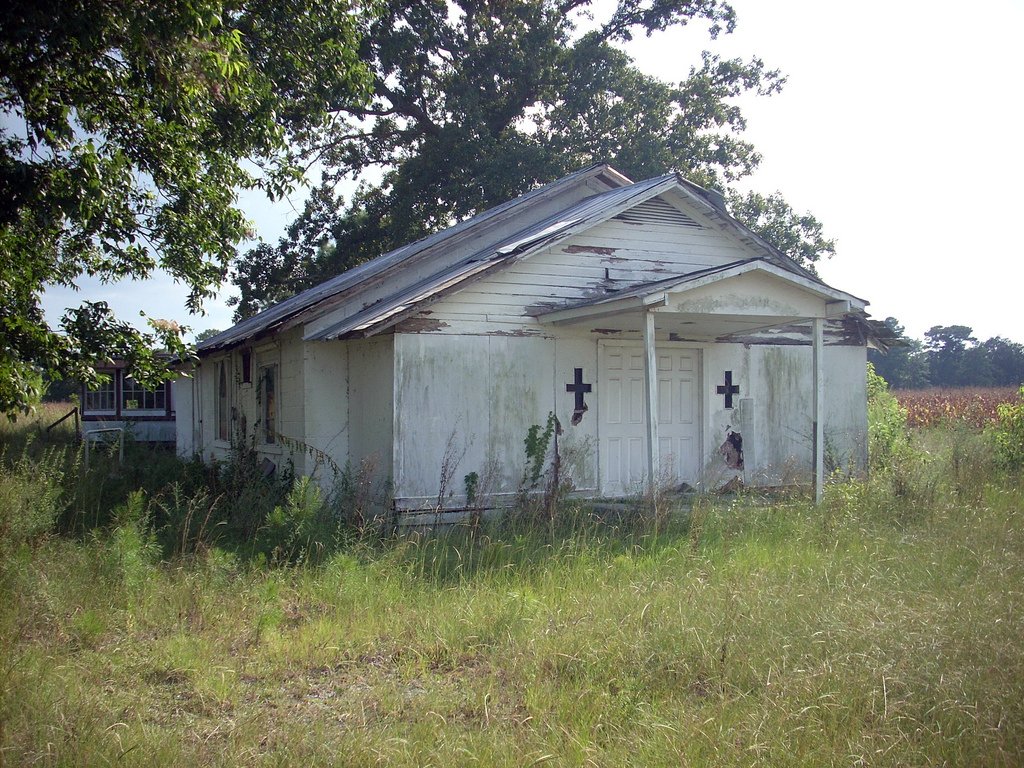Once upon a time there was a villlage named Churchville. When you were born in Churchville, they poured water on you. When you learned to read, you read the stories of the Old Testament heroes. When you went to school, you started every morning with a prayer. When you got married (because everyone married a member of the opposite sex at age 18) in Churchville, it was at a church. When you died, you had a memorial service at a church.
 In Churchville, everyone knows how the animals walked on to Noah’s Ark. They know how David defeated Goliath. They know the words to Amazing Grace.
In Churchville, everyone knows how the animals walked on to Noah’s Ark. They know how David defeated Goliath. They know the words to Amazing Grace.
In Churchville, people know what someone means when they ask “do you know beyond a shadow of a doubt that you will go heaven when you die?”
Politicians go to church. Teachers go to church. Butchers go to church. Bad people reform by getting back into church.
In Churchville, since everyone goes to Church, the biggest arguments are about which Church is better. Residents of Churchville don’t approve of other churches because they’re not churchy enough.
There are two problems with Churchville:
- It’s dead. Blame the Enlightenment, pluralism, postmodernism, secularism, or whatever other “isms” you want. It’s too late.
- It was probably a heresy in the first place.
The academic word for Churchville is Christendom. A better phrase is probably “Constantinianism” (but we’ll save that for another time).
A few decades back, a Brittish missionary named Lesslie Newbigin returned home after a lifetime of service in India. India, is far away from Churchville. This meant he had to learn how to tell people about Jesus in a way that made sense in their time and place. When he returned to England, he noticed that people in the West had become less like Churchville and more like India.
“We are forced to do something that the Western churches have never had to do-to discover the form and substance of a missionary church.”
The “Mission” aspects of this blog address this question: What does it mean to be a Missionary Church? With Churchville crumbling all around us, this is the fundamental question of our day. But more importantly, once we extricate ourselves from Churchville, we realize that this is how it was always meant to be.
God is a Missionary God. He has alway been sending people out on his mission.
It’s not so much that the church has a mission, but that the mission has a church.
This blog will feature quotes from Missional thinkers, examples of how to organize a Missionary church, and important cultural insights to inform the mission.
Are you stuck in Churchville?
What’s keeping your church from being a missionary church?












 Tweets
Tweets